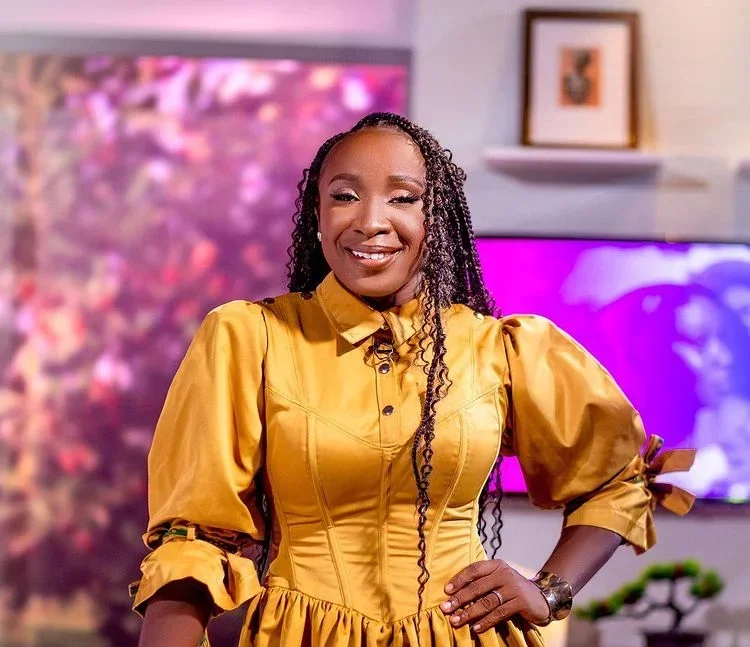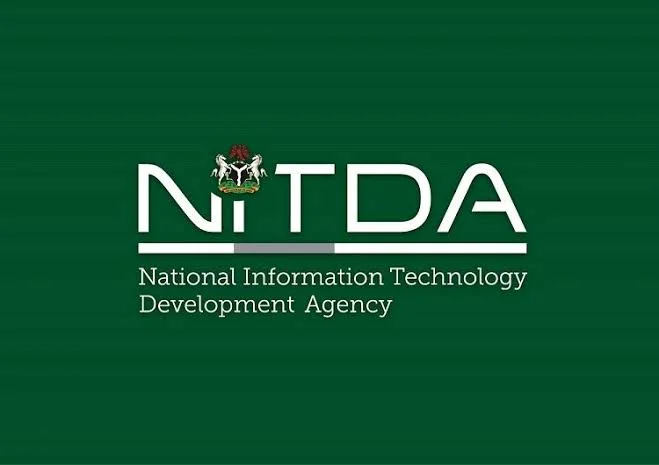Ghanaian media personality Naa Ashorkor has opened up about her experience with the COVID-19 vaccine, shedding light on the side effects she encountered while encouraging others to get vaccinated. Her candid account, shared on social media, addresses concerns among Ghanaians hesitant about the vaccine, offering a balanced perspective on its effects and importance.
A Personal Vaccination Journey
Naa Ashorkor, a prominent figure in Ghana’s entertainment industry, took her COVID-19 vaccine shot on March 2, 2021, as part of the country’s initial rollout. Reflecting on her experience 24 hours later, she detailed the side effects she faced, including “headache, fatigue, and pain in the arm.” These symptoms, while uncomfortable, are common and align with findings from a comprehensive study in Ghana, which reported headaches in 52.9% of vaccine recipients and fatigue among other frequent side effects.
Despite these challenges, Ashorkor remained calm. “I’m not freaking out, nor am I worried,” she shared, emphasizing that the side effects were manageable and temporary. Her transparency aims to address public fears, particularly in a context where vaccine hesitancy has been fueled by misinformation and distrust.
Overcoming Hesitancy with Encouragement
Ashorkor’s decision to speak out comes at a critical time when Ghana, like many African nations, is working to boost vaccination rates. As one of the first media personalities to receive the COVAX vaccine, her influence carries weight. “I encourage everyone to go for the vaccine,” she urged, highlighting its role in protecting against severe COVID-19 outcomes. Her message aligns with public health campaigns emphasizing the vaccine’s positive benefit-risk profile, as noted by Ghana’s Food and Drugs Authority.
Her experience reflects a broader trend in Ghana, where the majority of reported adverse events following immunization (AEFIs) are non-serious, with a cumulative incidence of about 25 per 100,000 persons vaccinated. By sharing her story, Ashorkor seeks to normalize these mild reactions, reassuring Ghanaians that such symptoms are expected and typically resolve quickly.
Addressing Public Concerns
Vaccine hesitancy remains a challenge in Ghana, with surveys indicating skepticism about vaccine safety before the rollout began in March 2021. Ashorkor’s account counters these fears by offering a relatable narrative. Her symptoms—headache, fatigue, and arm pain—are consistent with those reported by the Ghana FDA, which also lists fever, chills, and injection site pain as common.
Two days after her vaccination, Ashorkor provided an update, noting that her symptoms had subsided. “Headache gone, fatigue gone, I feel well,” she announced, reinforcing the temporary nature of the side effects. This positive outcome underscores the findings of a 2024 study, which found that 98.7% of AEFIs in Ghana were non-serious and often self-limiting.
The Bigger Picture
Ghana’s vaccination campaign, which administered over 17 million doses by June 2022, has been a cornerstone of its COVID-19 response. Public figures like Ashorkor play a vital role in building trust, particularly in communities wary of foreign-developed vaccines. Her encouragement aligns with efforts to increase vaccine acceptance, which experts say could enhance future immunization programs.
The involvement of celebrities in Ghana’s vaccination drive highlights the power of personal stories in public health advocacy. By sharing both the challenges and her recovery, Ashorkor bridges the gap between medical data and public perception, fostering a sense of shared responsibility.
A Call to Action
Naa Ashorkor’s experience serves as both a personal testimony and a call to action for Ghanaians. Her message is clear: while side effects may occur, they are typically mild and temporary, and the benefits of vaccination far outweigh the risks. As Ghana continues its fight against COVID-19, voices like hers are crucial in dispelling myths and encouraging collective action for public health.






